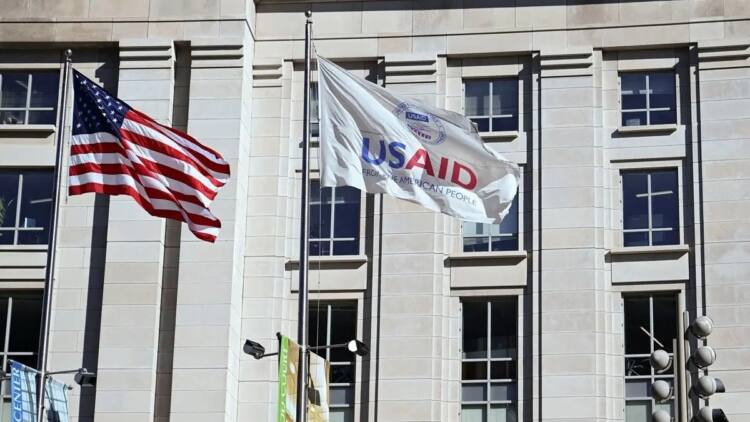Concerns that the already crippled U.S. Agency for International Development will soon be permanently closed were heightened when staff members were informed overnight not to report to work on Monday due to the closure of the agency’s headquarters in Washington, D.C.
In what could be one of the boldest moves of his second term, President Donald Trump, in collaboration with the Department of Government Efficiency (DOGE) led by Elon Musk, appears to be on the verge of abolishing the United States Agency for International Development (USAID). This move marks a significant shift in U.S. foreign policy, reflecting Trump’s long-standing “America First” agenda and a desire to drastically reform or eliminate what he considers to be inefficient or ideologically misaligned government agencies.
Why Now?
-
America First Doctrine:
-
President Trump’s campaign and governance have consistently emphasized putting American interests first. USAID, with its mission to provide humanitarian aid, development assistance, and promote democracy abroad, has long been viewed by Trump and his allies as an extension of U.S. foreign policy that sometimes diverts resources away from domestic priorities. The decision to abolish USAID can thus be seen as an attempt to refocus government spending inward, aligning with his promise to reduce federal expenditures.
-
-
Cost-Cutting and Efficiency:
-
DOGE, under Elon Musk’s leadership, was established to streamline government operations and slash what is deemed unnecessary spending. USAID’s budget, which was around $40 billion in fiscal year 2023, is a substantial line item in the federal budget. The administration’s move towards its abolition is framed as part of a broader effort to minimize waste, fraud, and abuse within government programs. Musk has publicly stated that USAID is “beyond repair,” suggesting that the agency’s functions could either be curtailed or transferred to other departments like the State Department for more direct oversight.
-
-
Political and Ideological Alignment:
-
There’s been vocal criticism from Trump and his allies that USAID has been used as a tool for political agendas, funding NGOs and initiatives that might not align with conservative or nationalist viewpoints. Musk has gone as far as to call USAID a “criminal organization” on social media, indicating a belief that the agency’s operations have strayed from their intended purpose, potentially being used for political manipulation or ideological projects abroad.
-
-
Operational Disruptions:
-
Recent actions against USAID, including the physical and digital lockdown of its operations, suggest a strategic move to dismantle its infrastructure. Reports of DOGE personnel accessing restricted areas of USAID, including classified information, despite security protocols, indicate a forceful reclamation of control by the administration. This has led to the suspension of senior USAID officials who resisted such access, showing a clear intent to alter or dissolve the agency’s current structure.
-
-
Legal and Congressional Challenges:
-
While Trump has acted through executive orders, the legality of dissolving an agency established by Congress could face significant challenges. The 1998 statute that established USAID requires Congressional involvement for significant changes like this. However, the current administration seems to be pushing boundaries, perhaps banking on political leverage or aiming for a fait accompli before legal challenges fully materialize.
-
-
Internationally: The potential dissolution of USAID could leave a void in global aid, potentially allowing other nations, like China, to expand their influence through their own aid programs without American competition or oversight.
-
Domestically: There’s a divide. Some applaud the move as a step towards leaner government, while critics argue it will diminish U.S. soft power, endanger lives in aid-dependent regions, and reduce America’s role in global health, democracy, and development.
-
On X: Posts on the social media platform show a mix of support for the move as a necessary purge of “deep state” elements, and concern over the implications for global humanitarian efforts.
As this situation unfolds, the world watches closely to see if USAID’s abolition will indeed proceed, how it will be managed, and what the global ramifications might be. This action not only tests the limits of executive power but also underscores a pivotal moment in U.S. foreign policy under Trump’s leadership.
